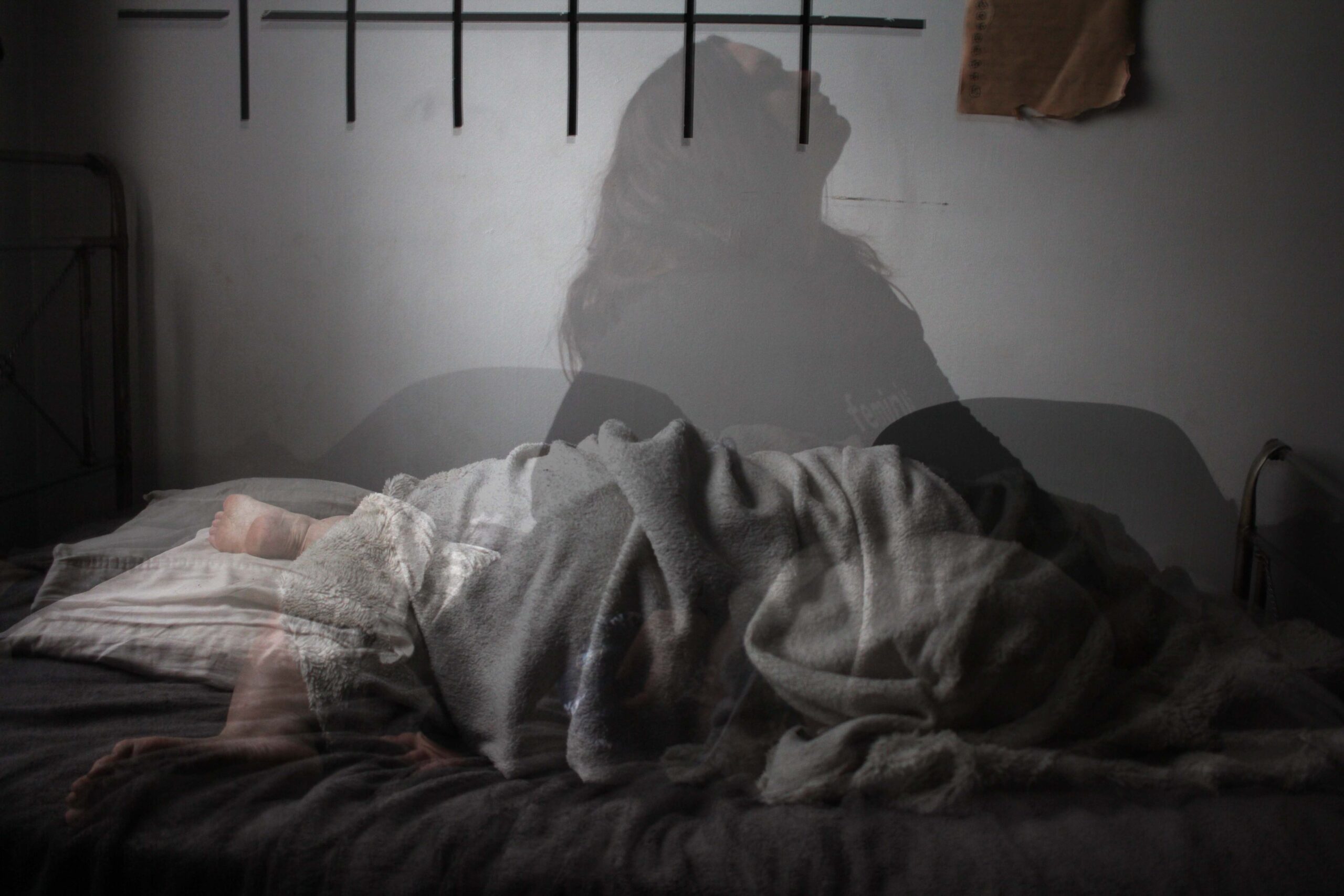
Insomnia is a sleep disorder where you have trouble falling and/or staying asleep. The condition can be short-term (acute), where it lasts from 1 night to a few weeks; or it can be classified as chronic, or long-term, when it happens at least 3 nights a week for 3 months or more. Generally, insomnia affects women more than men and older people more than younger ones. Young and middle-age African Americans also have a higher risk
When determining insomnia as a diagnosis, there are two types to consider: primary and secondary. Primary insomnia means your sleep problems aren’t linked to any other health condition or problem. The causes can range from stress and environmental stimuli to changes in sleep habits and schedules, such as jet lag or a job working night shift.
Secondary insomnia means you have trouble sleeping because of a health condition (like asthma, depression, arthritis, cancer, or heartburn); pain; medication; or substance use (like alcohol, tobacco, caffeine). Other conditions can also be at the root, including hyperthyroidism and other endocrine problems; and other sleep disorders, like sleep apnea or restless legs syndrome.
Symptoms
Good sleep hygiene is an important part of our whole body health. Our bodies and brains need sleep so they can repair themselves. It’s also crucial for learning and keeping memories. Symptoms of insomnia include:
• Waking too early in the morning
• Unrefreshing sleep
• Sleepiness/fatigue during the day
• Irritability, moodiness
• Problems with concentration or memory
• Slowed reactions times
Facial Signs of Insomnia
It’s not surprising that preliminary indicators of insomnia will appear first on your face. Early signs to look for include:
• Dark circles under the eyes
• Under-eye lines
• Swelling around the eyes, eyelids
• Pale complexion
• Drooping corners of the mouth
• Eye redness
Testing and Treatment
Testing for insomnia involves a physical exam, and learning about your medical history and sleep habits. We may ask you to keep a sleep diary for a week or two, keeping track of your sleep patterns and how you feel during the day. Prescribed and over-the counter medicines, like sleeping pills, may work for a short time, but often come with unwanted side effects, and tend to lose their potency over time. For chronic, secondary insomnia, long-term treatment requires identifying and treating the conditions or health problems that are keeping you awake – this is where we focus our efforts.
At our clinic, our holistic and Functional Medicine approaches seeks to address these root causes as well as bring the body back into balance naturally through dietary adjustments and herbal supplements, as well as with lifestyle changes to promote good sleep hygiene. Every treatment plan is tailored to our patients’ individual needs. We concentrate on stabilizing the systems in your body and educating you on prevention, while using complimentary and alternative protocols including:
• BIOSET
• Cupping
• Electro Dermal Screening
• Food and Environment Sensitivity
• Organ Detoxification & Restoration
